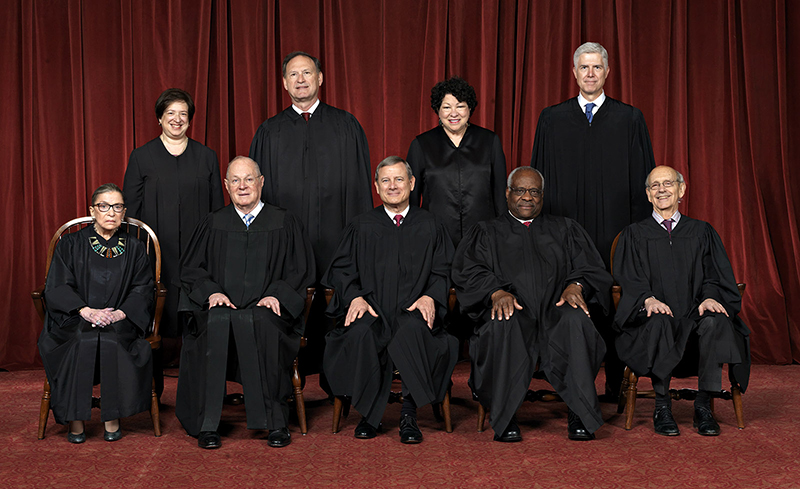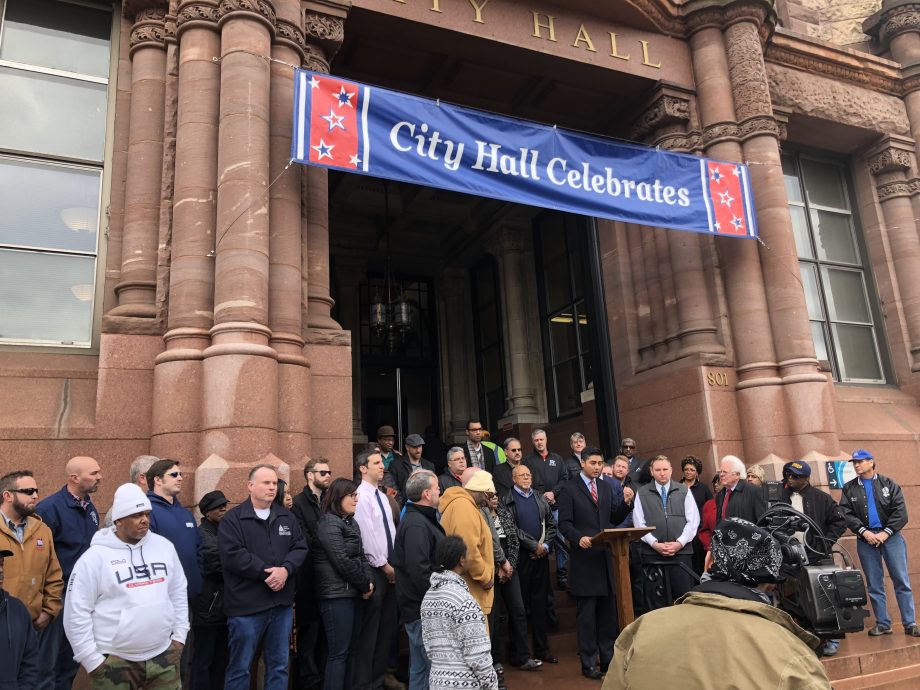In a late June ruling, the U.S. Supreme Court ruled in favor of Mark Janus, denying public sector unions the right to collect “fair share” fees.
The court’s 5-4 ruling in Janus vs. AFSCME District Council 31 overturns its 1977 ruling Abood vs. Detroit Board of Education.
Joining in the majority were Chief Justice John Roberts and Justices Anthony Kennedy, Clarence Thomas, Samuel Alito and Neil Gorsuch.
Justices Elena Kagan, Sonia Sotomayor, Stephen Breyer and Ruth Bader Ginsburg dissented with the opinion. Continue reading →





